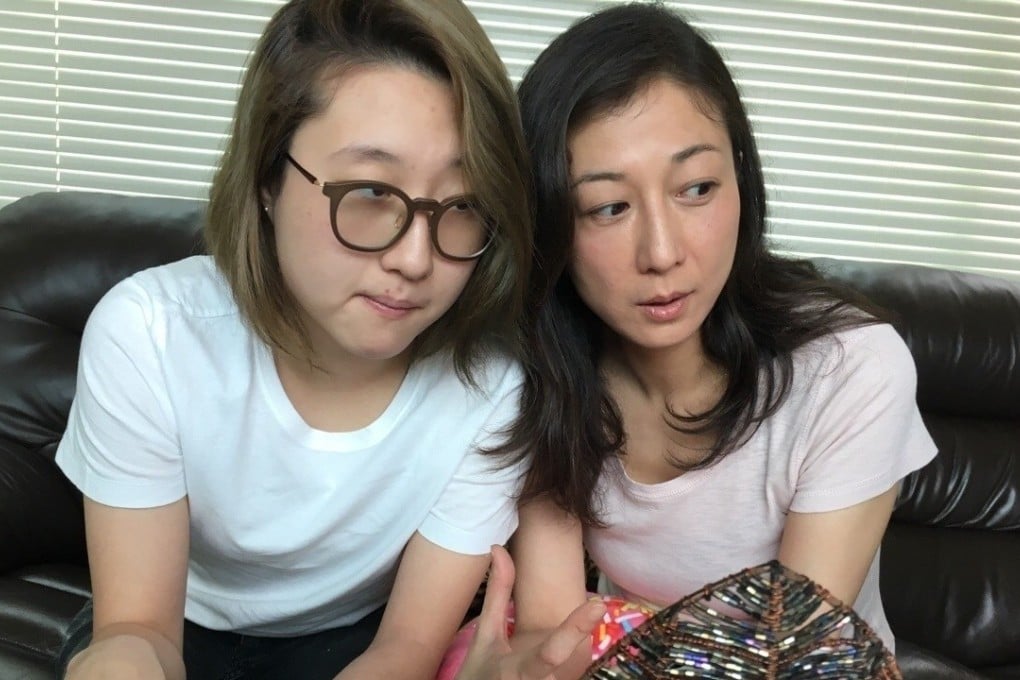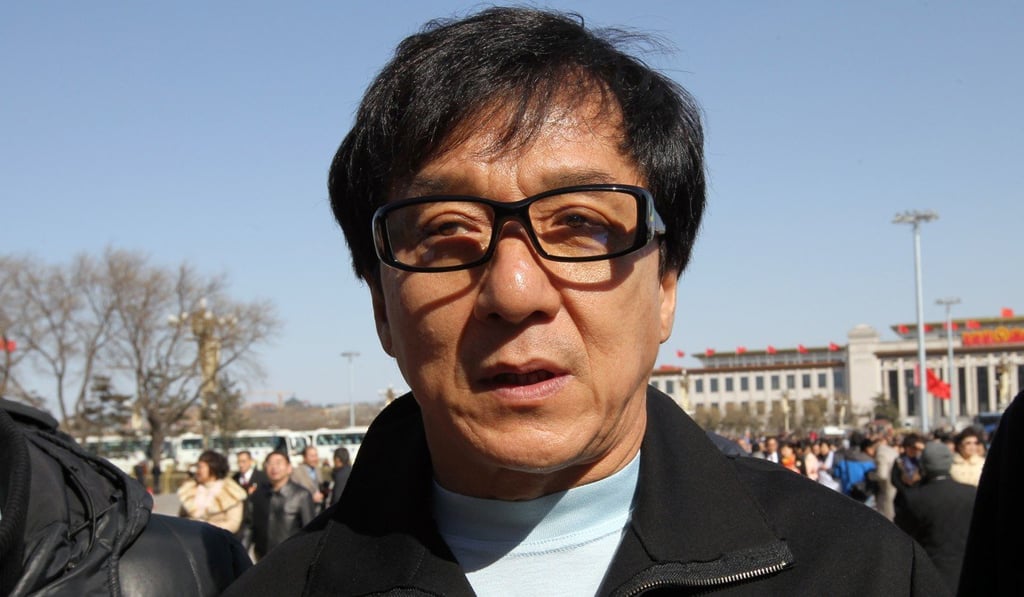Opinion | Why hypocritical Jackie Chan’s empty confessions deserve no sympathy
- Yes, the actor had a painful childhood, but why has he visited on his own daughter the abandonment and trauma he experienced then?
- Worst of all in Hongkongers’ eyes is his rejection of the city’s core values as he bends over backwards to embrace Beijing’s ‘patriotic’ agenda

Jackie Chan might be the most famous Chinese person alive, playing the righteous action hero fighting villains in countless films that have put Hong Kong on the world map.
But the actor’s changing political stances and his failure to stand up for the interests of the city that brought him fame and fortune make him a hypocrite in the eyes of many Hongkongers.
In defence of Jackie Chan: possible reasons for his behaviour
Chan makes many honest confessions in the memoir – which was first published in Chinese in 2015 – and describes a quite painful childhood: he was removed from formal education at a young age and sent to the China Drama Academy, a boarding school where he faced strict discipline and physical punishment.

He also admits many failings, such as excessive drinking and drink driving, visiting prostitutes and gambling, as well as physically abusing the son he had with his wife, Taiwanese actress Joan Lin Feng-jiao.
